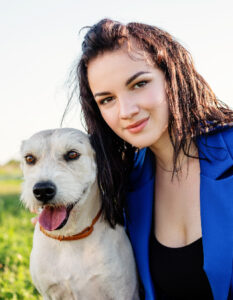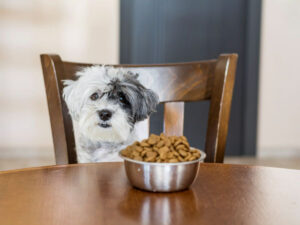Let it be human children or our little puppies, our stooling habit says a lot about our health. As of now, I have worked as a veterinarian for the last 7 years.
Over all these years I have realized there is no other better health indicator to your little friend’s health other than its stool and potty habits. A destruction in a regular potty schedule indicates some sort of distraction in their wellbeing.
Therefore I have created a complete guide to help you understand how often do puppies poop, why this can be disturbed and how you can prevent or remedy it at the time of need.
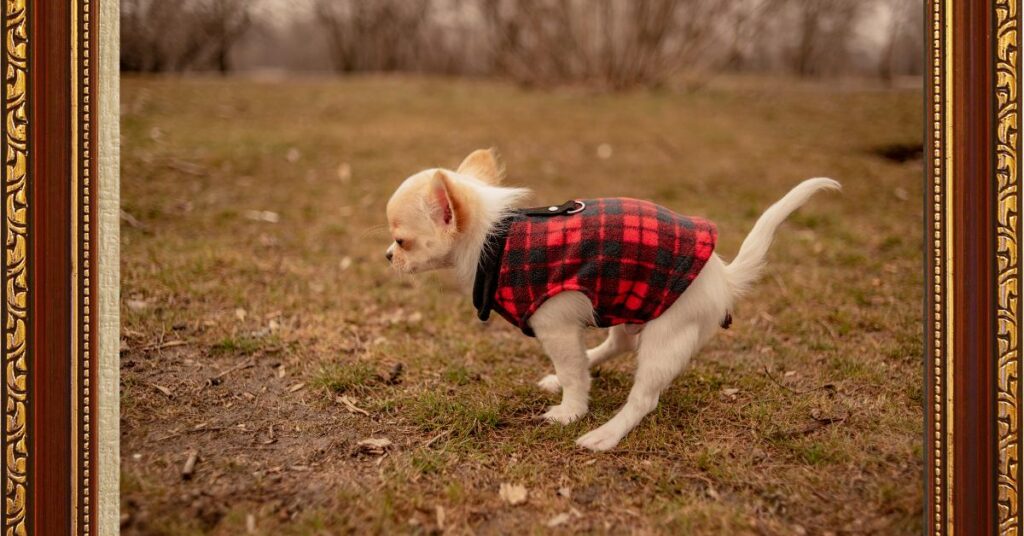
How Often Do Puppies Poop?
Based on your puppy’s feeding schedule your little puppy is supposed to defecate after each meal. However, in the beginning phase of their lives, they may be in need of frequent bouts of elimination. It is due to their tiny bellies, undeveloped digestive system and faster metabolism rate. Check out this instruction to know how often puppies poop.
Newborn to 3 Weeks
For the first few weeks of your puppy’s life they may eliminate as often as every 2-4 hours within 5-30 minutes of the elimination. They are yet not potty trained so, be ready for some unfortunate accidents. You can keep an eye on them after each feeding by the mother, as the process of whining is yet to happen.
3 weeks to 8 weeks
Puppy potty frequency at this age is a little more predictable than before. Puppy’s often have 4 meals a day at this age, and 4-5 potty times each day. You may want to start potty training your puppy from now on.
8 to 12 Weeks
Your puppy has grown a little bigger with a better digestive system. They will no longer need to do their business so frequently. However they will need to go potty time 3-4 times a day.
3 to 6 months
With a developed digestive system your pup is capable to control their bowel motion better and only needs to relieve itself in r times a day. Preferably after each meal.
6+ months
Now your puppy is the master of their bowel motion and has a very strong digestive system. By this time you should also be done with the potty training of the puppy. They only need to go twice and be done with their business. This frequency should remain the same in the future.
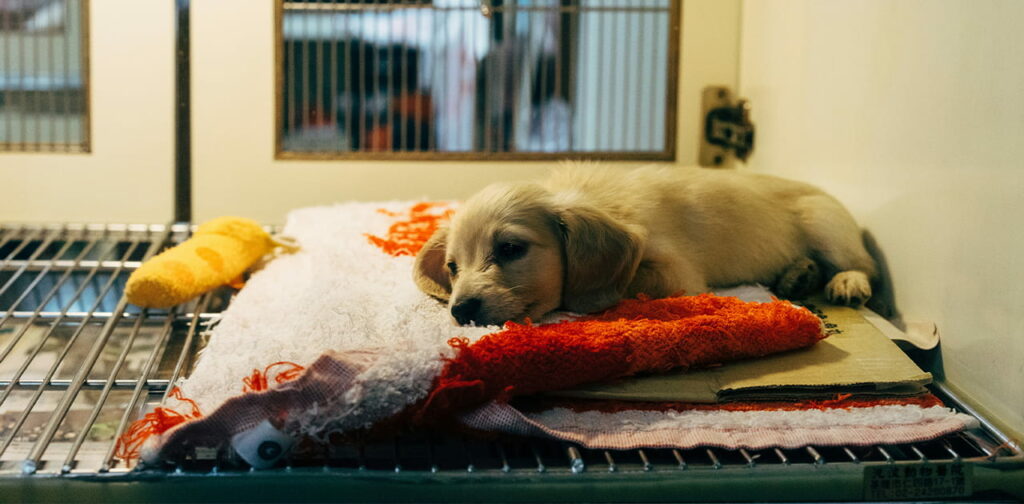
Why Do Your Puppy Poops a Lot More or Less Than the Average?
Seeing your puppy acting different than usual can be stressful. Along with understanding how often do puppies poop, it is also important to understand the possible reasons behind the destruction in the norm.
As I have worked with so many lovely little puppies over the 7 years of my experience, I have narrowed down the 8 most common reasons your puppy may not be on their regular potty schedule. Your puppy may start pooping more or less than usual as a result of the reasons below.
- Dietary changes
- Overeating
- Food sensitivities
- Parasites
- Puppy diarrhea
- Other medical conditions
- Lack of potty training
- Stress and anxiety
We often have to change a puppy’s diet for many reasons. Even if your vet recommendeds you to switch to a new food, it is important that you make the transition gradually. Sudden transition to adult food can cause destruction in your puppy’s sensitive stomach and potty frequency.
Puppis have very little tummies and can not eat a lot at once. But it is not their fault that treats can be so tempting.
Overfeeding can cause your puppy to poop a lot more than usual as they can not hold a huge amount of food in their tummy. Accordingly careless feeding without understanding food labels and their special nutrition requirements can affect their frequency of potty time.
As a reaction some puppies may increase the frequency, whereas some puppies will reduce it. These food changes or inconveniences can result in puppy diarrhea which can also increase theri need to go potty more than usual. Lack of regular grooming can cause diseases and affect potty time frequency as well.
Moreover if you do not give your little friend enough attention and keep them in an unhealthy or unstable environment, you may end up triggering stress and anxiety.
Additionally, if you do not potty train your puppy they may not have a good control over their bowel motion. As a result their digestive system will be weak. Negative reinforcements during potty training can create an association between potty time and unpleasantness, they might not potty as frequently as they should.
In both cases you may end up distracting your puppies regular potty schedule and deteriorating their overall wellbeing.
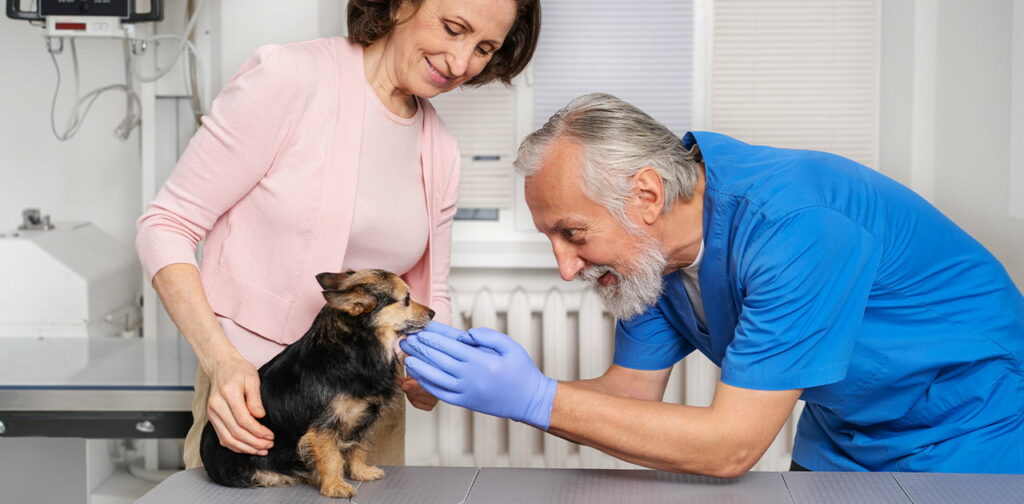
Tips to Support Your Puppy’s Poop Schedule
Now that you are aware of the imbalance in your little pup’s potty schedule and know what the possible reasons are, allow me to help you with some tips to avoid this situation.
I have 5 tips for prevention and 5 more in case you are already or will fall in trouble to help you get your puppy back on their healthy and regular potty schedule.
Prevention
Let’s discuss the preventive measures for supporting you puppy’s poop schedule
- Step 1: Do your research and design an appropriate feeding schedule complimentary to you and your little friends schedule
- Step 2: Design a potty training schedule according to the feeding schedule.
- Step 3: Start potty training.
- Step 4: Do not make sudden dietary changes, do not overfeed, ensure regular grooming, educate yourself about the best puppy foods, spend plenty of quality time with them to prevent separation anxiety or stress, and observe your puppy’s stool regularly.
- Step 5: Visit the vet regularly and get a consultation.
Remedy
Now, let’s discuss what to do if you find yourself facing challenges in maintaining your puppy’s healthy and consistent potty routine.
- Step 1: Observe the change in potty frequency, stool consistency, odor, color and puppy’s behavior.
- Step 2: Take your puppy to the veterinarian, get proper diagnosis and treatment.
- Step 3: Follow the vet’s recommendations and comfort them by spending enough time with them.
- Step 4: Give your puppy foods that are specially made for a sensitive stomach.
- Step 5: Monitor your puppy, and ensure they are eating enough food and drinking plenty of water.
Conclusion
Preventing such health issues is always better than implementing the remedy, as our little friends are extremely delicate. As of now you are a well informed puppy parent set to take care of your little puppies gut health.
You can furthermore increase your knowledge by reading more of our blogs and ensure your little furry friend’s overall wellbeing.

